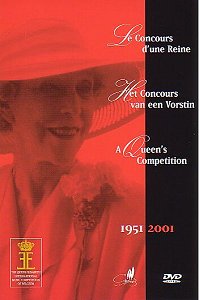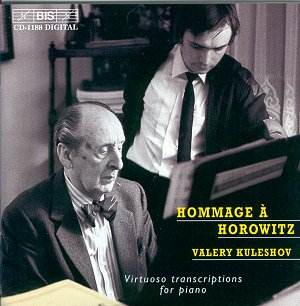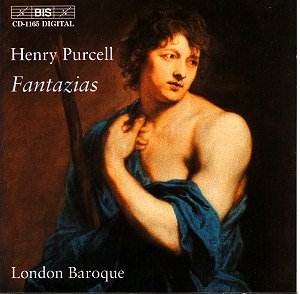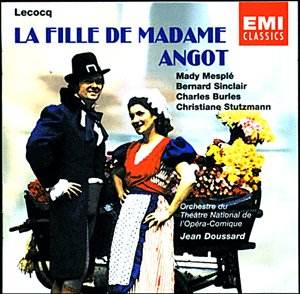 Composer: Various
Composer: Various
Works: Documentary film “A Queen’s Competition”
Performers: Archival footage of notable artists including Gidon Kremer, Malcolm Frager, Vladimir Ashkenazy, Philippe Entremont, Elizabeth Leonskaja, Mitsuko Uchida, and Arthur Grumiaux
Recording: Documentary DVD, running time: 99 minutes
Label: CYPRES CYP1103
The Queen Elizabeth Competition, inaugurated in 1951, serves as a significant milestone in the trajectory of classical music competitions, marking its relevance in nurturing emerging talent against a backdrop of shifting socio-political landscapes. The documentary “A Queen’s Competition,” directed by Michel Stockhem and Benoît Vlietinck, offers a rich tapestry of historical footage, capturing the essence of this prestigious event, while simultaneously engaging with the controversies that surround competitive music-making. Beyond merely a chronicle of triumphs, the film navigates the complex relationship between artistry and the competitive spirit that can often distort genuine musical expression.
The documentary excels in its archival presentation, featuring a wealth of footage that allows viewers to witness the formative moments of numerous prominent musicians. The inclusion of performances by Gidon Kremer and Malcolm Frager, albeit in snippets, provides a tantalizing glimpse into the interpretative choices that would come to define their careers. Kremer’s fragment of a Ysaÿe sonata, for instance, reveals his signature visceral intensity, whilst Frager’s selection from Prokofiev’s Concerto showcases his lyrical sensitivity. These performances, though brief, are imbued with the kind of technical prowess and artistic insight that captivates the viewer, despite the fleeting nature of their presentation.
The documentary does not shy away from the darker aspects of competition. The candid remarks from jurors such as Arthur Grumiaux highlight the perception of competitions as akin to sporting events, where the quest for accolades can overshadow the intrinsic value of musical expression. This critique resonates particularly in light of the historical context—where Cold War politics played a substantial role in shaping the outcomes of these contests—illustrating how the competition served as a microcosm for broader geopolitical tensions. The film adeptly navigates these themes, presenting not only the triumphs of its winners but also the often-overlooked stories of those who faded into relative obscurity, such as Philippe Hirshhorn and Elizabeth Leonskaja, juxtaposing their fates against those of their more famous contemporaries.
The technical aspects of the documentary merit attention as well. The sound quality, particularly in the more recent recordings, approaches CD quality, providing a clear auditory experience that complements the vintage visuals. However, the predominance of black-and-white footage, while historically significant, does sometimes detract from the overall impact, the monaural sound further reinforcing the archival nature of the presentation. Nonetheless, the editing choices maintain a narrative flow that engages the viewer, allowing for reflection on the evolution of the competition and its significant impact on the landscape of classical music.
This documentary serves as an invaluable resource for anyone interested in the intricate interplay between artistry and competition. It not only documents the achievements of many renowned musicians but also prompts a deeper consideration of what it means to be a competitor in the high-stakes world of classical music. “A Queen’s Competition” stands out as a compelling exploration of the human endeavor behind the notes, offering insights that resonate well beyond the confines of the concert hall. The film is a must-see for both aficionados of classical music and those curious about the formative experiences that shape an artist’s journey.



